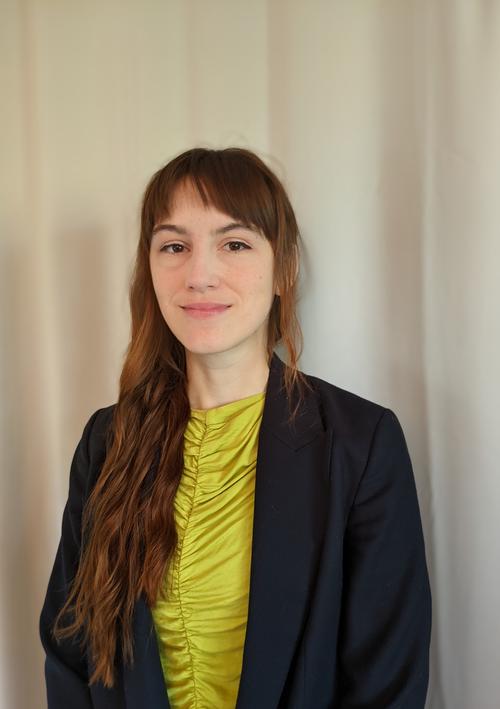Anna Simon-Stickley
Anna Simon-Stickley is a doctoral fellow in the Graduate School Global Intellectual History at the Freie Universität zu Berlin. Before joining the Graduate School, Anna first completed a Bachelors in Art History at Freie Universität Berlin, which she finished with a thesis on contemporary artistic research on the Anthropocene. This work introduced her to the history of science, which she henceforth pursued in her master’s degree at Technische Universität Berlin. During her master’s, she explored the role of material media and practical knowledge in the 19-century life sciences especially – from early eye-tracking devices to botanical drawings from India – and has published on the history of instruments as well as on the intellectual history of the Anthropocene concept. Besides academic work, Anna has also worked as a freelance editor and translator, recently translating a 850-page book on the history and theory of Conceptual History and Historical Semantics (forthcoming 2024).
The Other Ancient Egypt. Writing Histories in the Sciences and Humanities of Deep Time, 1800-1920.
My dissertation project looks at the sciences of deep time in Egypt during the long nineteenth century. For many naturalists, Egypt was a special place for studying the history of the earth, as its ancient monuments and textual records stretched back into deep history, allowing for their integration into the expanded timescales of Western natural history in the wake of Darwin and Lyell. At the same time, engaging with the history, dynamics and changeability of Egyptian landscape was vital knowledge for its large-scale re-arrangement in the long nineteenth century – projects like the Suez canal and the Aswan dam that were meant to launch Egypt into industrial modernity and an upwards trajectory of progress. Bringing together the history of science, global and Middle Eastern history, I aim to show how historical understandings of environments shaped and were shaped by contemporary concerns over engineering and exploiting landscapes and competing claims for Egyptian natural history.

